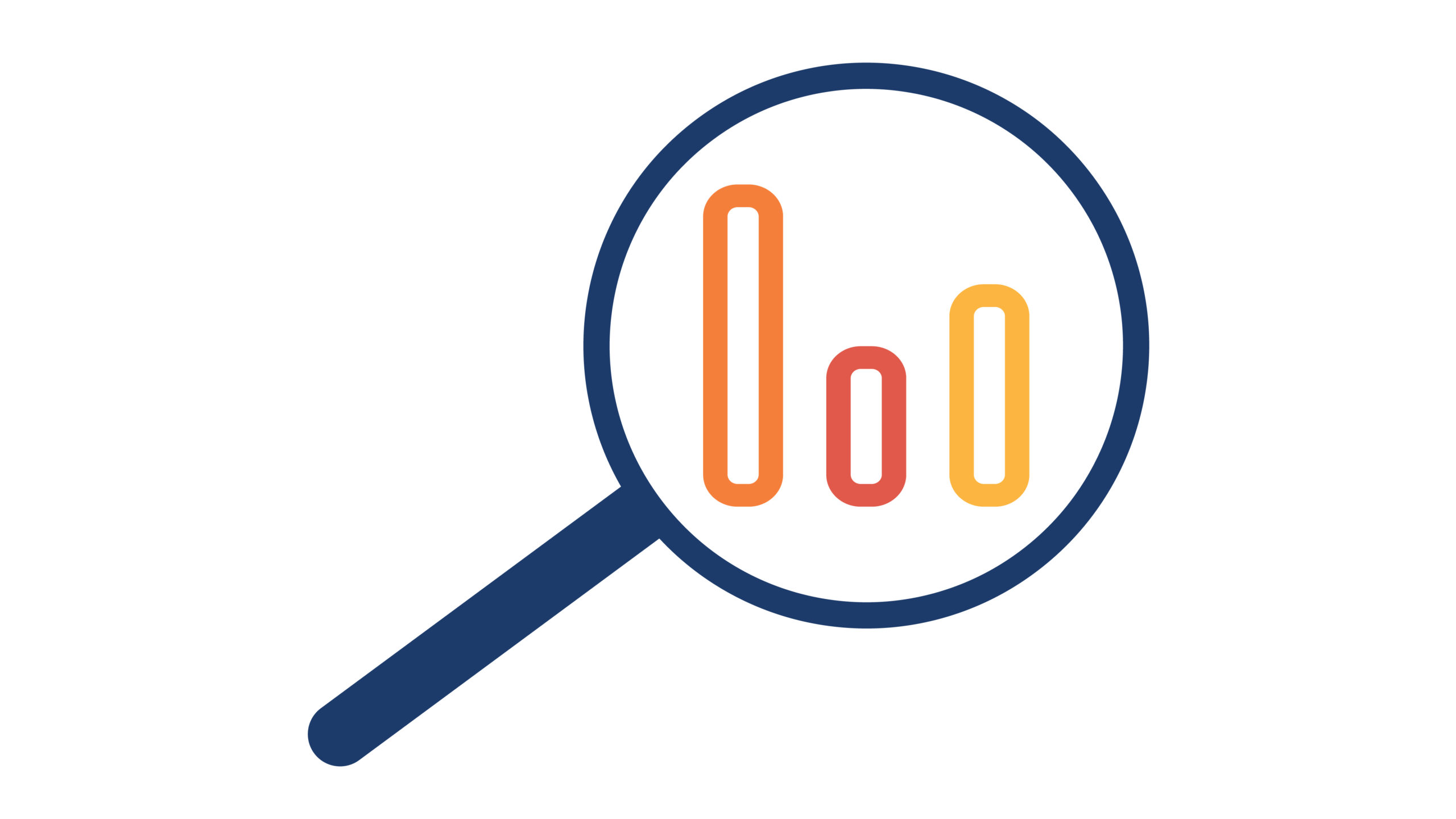On the heels of the Federal Government releasing their budget on March 28, 2023 Earnscliffe Strategies surveyed 1,512 adult Canadians about some of their thoughts regarding the economy and their finances. Perhaps not surprising given news headlines a plurality of Canadians believe the “most important issue facing Canada today” is Inflation / Cost of Living, with 25% citing it as their most pressing concern. A number of other issues related to Canadians’ pocketbooks were also among the top most often cited 10 issues, including “Economy” (7%), “Housing Cost/Shortage” (5%), and “Debt/Deficit” (2%). Unfortunately for the government, however, a strong plurality – 44% of Canadians – do not believe the government has any plan whatsoever to deal with the issue that most concerns them.
This preoccupation with economic concerns translates beyond issue-specific concerns, with many Canadians growing increasingly anxious about their own personal financial prospects and future. Fewer than one-in-five (17%) Canadians report that they are well off with few financial concerns; more (22%) claim they are falling behind with many financial worries; while half (56%) feel they are just getting by with a few financial worries. Looking forward, over one-third (36%) are at least somewhat concerned that the main income earner in their household might lose their job and become unemployed in the foreseeable future and a solid majority (59%) think things will even be bleaker down the road as the next generation will be worse off than people are today.
Perhaps additionally concerning for the federal government, over half (59%) of Canadians say they do not feel that it represents people like them. The government will need to address this trust deficit if their solutions are to be perceived as legitimate by Canadians.
To that end, the Federal Government has likely taken note of the above sentiments and released a budget on March 28 that attempted to focus on some of these concerns generally and pocketbook issues specifically. A sizable majority of Canadians (73%) are aware of the budget the government released. That said, there are definitely different levels of attention paid by different subsets of society. Older Canadians, for instance, were far more attuned to the budget than younger Canadians, with 95% of those aged 65+ aware of its release. However, despite the fairly broad awareness of the budget, this survey suggests that, with the current public opinion context showing Canadians are relatively anxious, the government will benefit from spelling out in the weeks and months ahead how they will support Canadians and alleviate their economic and financial anxiety.
Assuming situations are not perceived as reversing between now and the next federal election, this combination of home economic and federal economic concerns is likely to be on the minds of many Canadians as they consider their options in the next federal election. On that point, the survey also took the levels of federal partisan support across the nation at the moment. Among decided voters, Conservatives lead with 35% of the vote, followed by the Liberals with 30% and the NDP with 18%. Of note, in addition to the usual lead measured in the Prairies, the Conservatives currently lead the Liberals in Ontario and are tied with them in British Columbia – both key battleground provinces that can have a significant bearing on which party ends up forming government after the next federal election.
Methodology
This survey was sponsored, designed and analyzed by Earnscliffe Strategies and the field work was conducted by Leger. The survey was conducted with 1,521 individuals from across Canada between March 31- April 3, 2023. The data was weighted to be reflective of the Canadian population by age, region, sex, education and children under 18 in the household based on Census data. Since this survey was conducted using an online panel, no margin of error may be calculated.
Earnscliffe adheres to the CRIC Public Opinion Research Standards and Disclosure Requirements.
View the survey questionnaire | Download the full data tables
